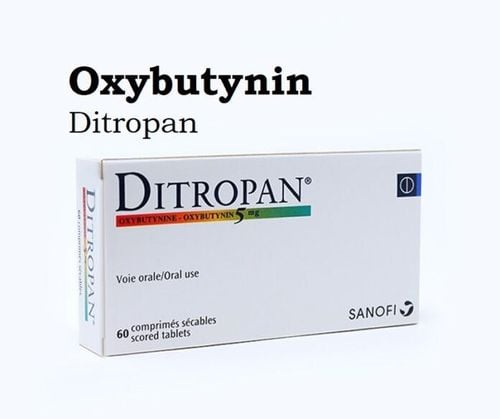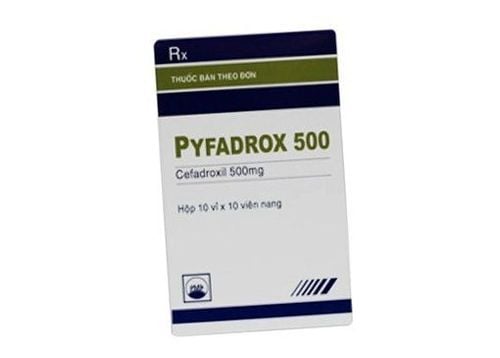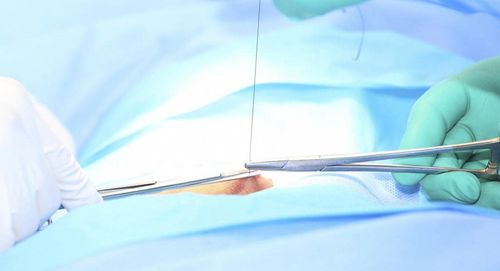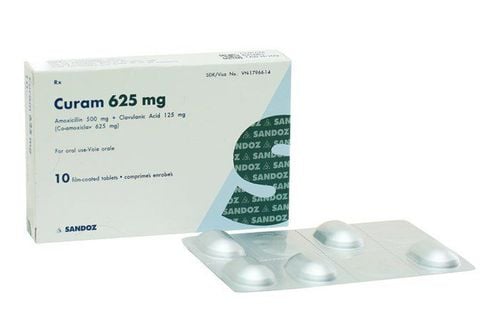This is an automatically translated article.
The article is professionally consulted by Master, Doctor Le Phuc Lien - Urologist - Department of General Surgery - Vinmec Nha Trang International General Hospital. The doctor has more than 12 years of experience in the field of urology and specialized urology.
Pregnancy is considered a risk factor for urinary tract infections in women. According to statistics, the incidence of UTI in pregnancy is about 8%, of which 1-2% of pregnant women have symptoms and 2-13% of pregnant women have no symptoms, making it difficult to detect the disease. So is UTI during pregnancy dangerous? How is a UTI during pregnancy treated?
1. What is a UTI in pregnancy?
Urinary tract infections occur when there is a presence of bacteria in the urinary tract, causing the body to create a response against the invasion of that bacteria.
Urinary tract infections in women are more common than in men, the causes of UTIs in men are usually blocked urinary tract or specific bacteria such as tuberculosis, gonorrhea,... Candlestick.
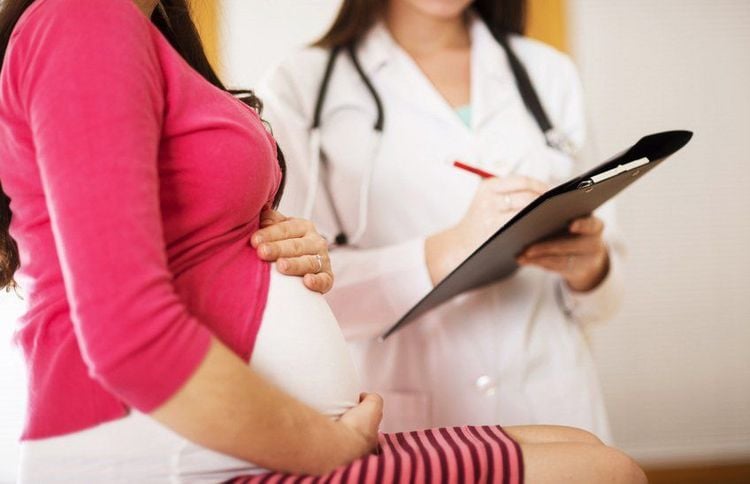
Pregnancy urinary tract infections are divided into 3 types:
Asymptomatic bacterial infections: A condition in which a patient's urinary tract is infected but does not show any symptoms. The incidence of asymptomatic UTIs in pregnant women ranges from 2-14%, which is similar to that of nonpregnant women. Factors that increase the risk of asymptomatic gestational UTIs include diabetes mellitus, anemia, sickle cell disease, immunosuppression, anatomic abnormalities of the urinary system, and spinal cord injury. According to research, if this disease is not diagnosed and treated early, up to 20-40% of asymptomatic UTI cases will progress to acute pyelonephritis. Cystitis: Cystitis mostly occurs in pregnant women who have never had a previous urinary tract infection, so screening does not reduce the incidence in pregnant women. Acute pyelonephritis: This is a dangerous urinary tract infection during pregnancy because it can cause many complications for pregnant women, the incidence is from 1-2%. Factors that increase the risk of acute pyelonephritis are pregnant women with a history of pyelonephritis, anatomical abnormalities of the urinary system or urinary stones. During pregnancy, the mother's uterus tends to tilt and compress to the right, so when suffering from acute pyelonephritis, the right kidney of the pregnant woman is often affected more than the left kidney.
2. Manifestations of UTIs in pregnancy
For cystitis, patients often have the following symptoms:Painful urination, frequent urination, sometimes bloody urine at the end of the yard. The patient has a burning sensation, burning pain when urinating, a slight fever but usually no fever, fatigue and discomfort. If not treated in time, cystitis can lead to acute pyelonephritis
Trắc nghiệm: Bạn có hiểu đúng về dấu hiệu mang thai sớm?
Các dấu hiệu mang thai sớm không phải chỉ mỗi trễ kinh mà còn có rất nhiều dấu hiệu khác như xuất huyết âm đạo, ngực căng tức,… Điểm xem bạn biết được bao nhiêu dấu hiệu mang thai sớm thông qua bài trắc nghiệm này nhé!
For acute pyelonephritis, common symptoms include:
High fever 39oC - 40oC accompanied by chills, rapid pulse. The pregnant woman's condition is rapidly collapsing, emaciated, exhausted. Pregnant women often feel pain in the right lower back, sometimes dull pain, sometimes intense pain, pain that penetrates into the right iliac fossa and genitals. Nephritis - acute pyelonephritis, if not diagnosed and treated promptly, will cause dangerous complications for the mother. Pregnant women are easily shocked, septic shock causes circulatory failure, acute respiratory failure, acute kidney failure,...
3. How are UTIs treated?

For pregnant women with urethritis and cystitis, treatment methods include:
Outpatient treatment, appointing patients to use antibiotics in combination with diet adjustments. The antibiotics of choice for the treatment of urethritis and bladder infections are beta-lactam antibiotics, a group of drugs that can be used by pregnant women without affecting the fetus. Drink plenty of water and eat foods rich in vitamin C. Cases of acute pyelonephritis - pyelonephritis are treated by:
Active treatment at the hospital. In the absence of antibiogram results, treat with broad-spectrum antibiotics according to the physician's experience. In case there are antibiogram results, antibiotics should be used according to the results of the antibiogram. Continuously monitor and evaluate the patient's pulse, body temperature, and blood pressure.
Please dial HOTLINE for more information or register for an appointment HERE. Download MyVinmec app to make appointments faster and to manage your bookings easily.




